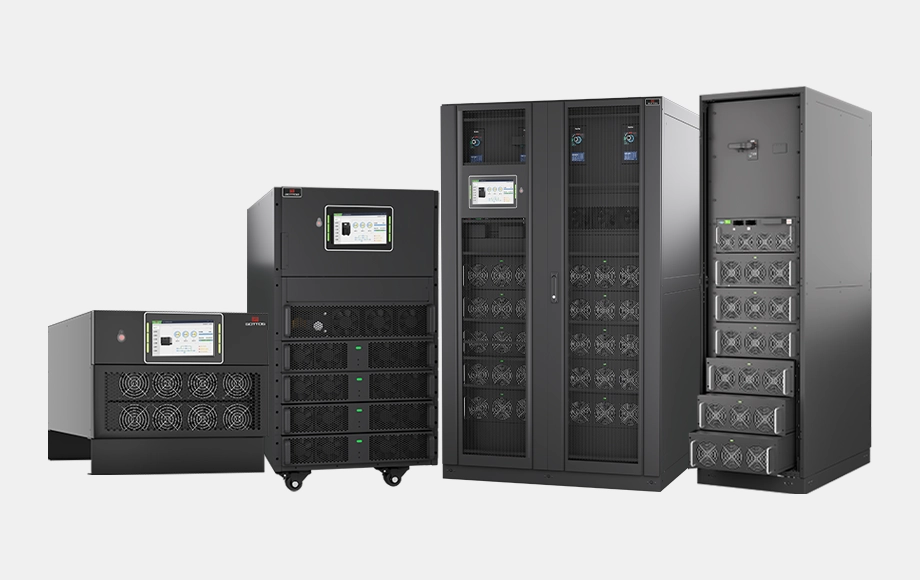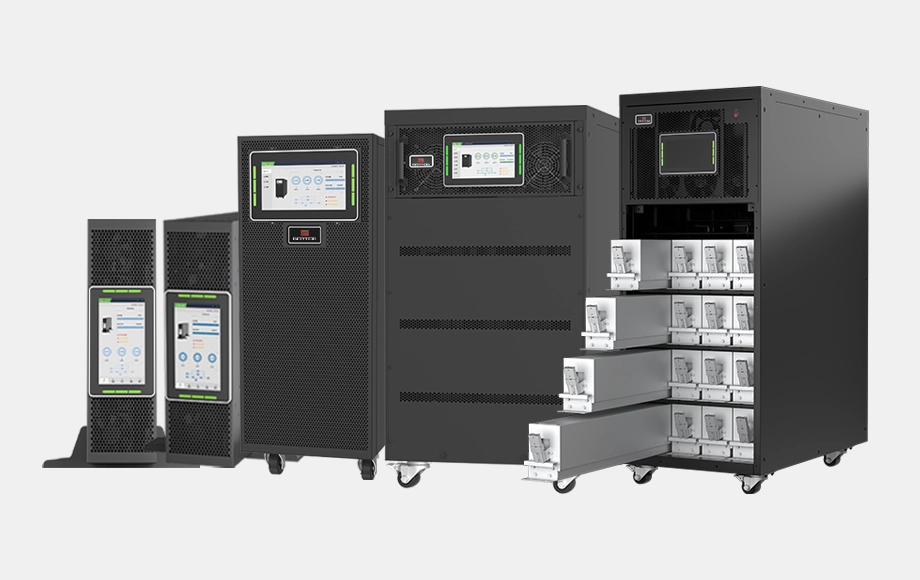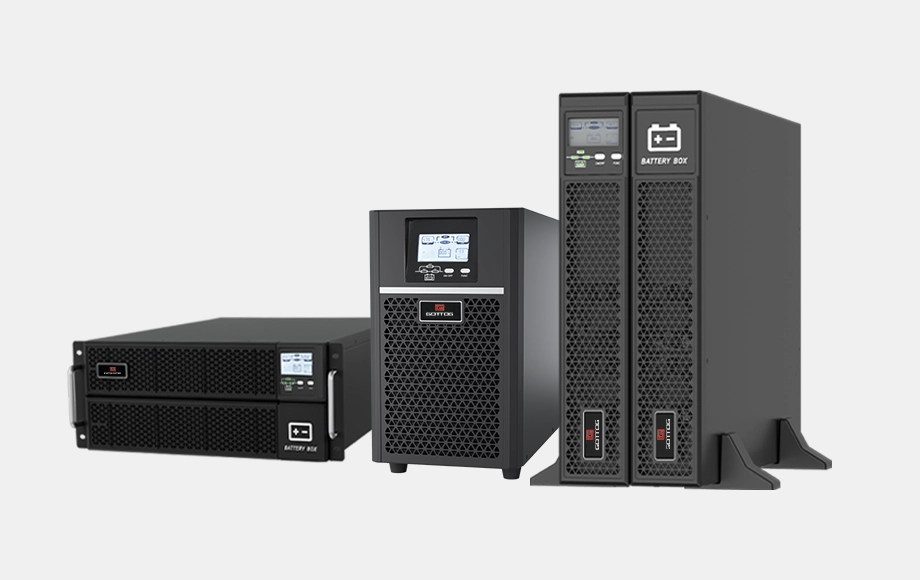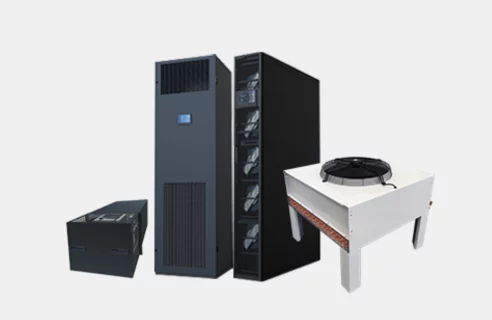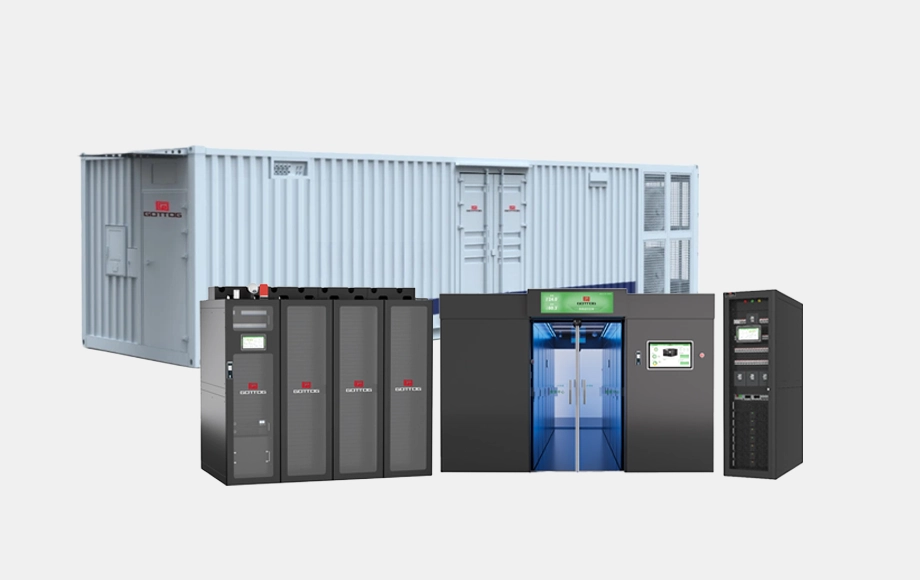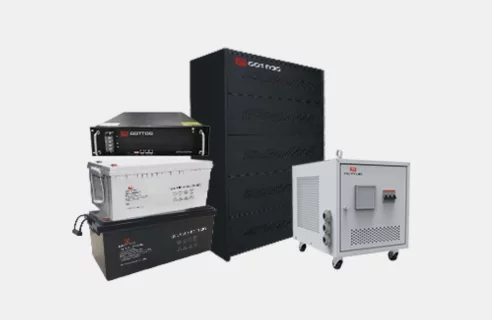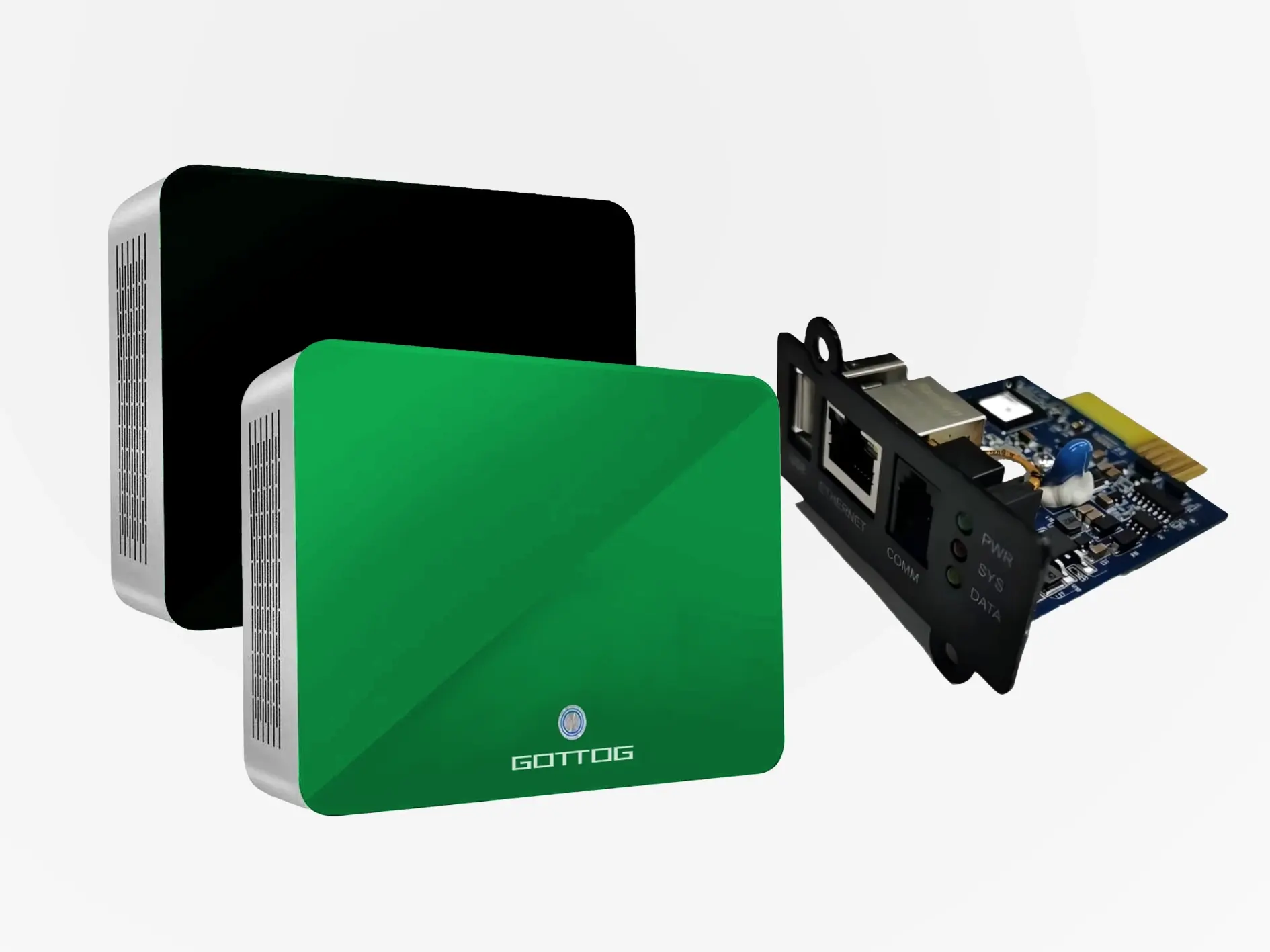As IT infrastructure grows more complex, cooling systems play a critical role in ensuring uptime, equipment longevity, and energy efficiency. Many small and mid-sized server rooms still rely on comfort cooling—the same type of air conditioning used in offices or homes. However, modern data centers and IT rooms require precision cooling to provide reliable, continuous, and controlled cooling performance.
In this article, we’ll explain the key differences between comfort cooling and precision cooling, and why precision cooling has become essential for today’s data centers.
What Is Comfort Cooling?
Comfort cooling systems are designed for people, not machines. Their primary goal is to keep indoor spaces comfortable by controlling temperature and basic airflow.
- Designed for human comfort: Operates best when there are periodic cooling needs.
- Low air circulation: Typically 5–15 air changes per hour.
- Limited humidity control: Can only dehumidify, not maintain consistent humidity levels.
- Energy focus: More energy spent on achieving comfort temperatures rather than precise environmental stability.
While effective in homes and offices, comfort cooling cannot address the continuous heat load and sensitive environmental requirements of IT equipment.
What Is Precision Cooling?
Precision cooling, sometimes called computer room air conditioning (CRAC) or computer room air handler (CRAH), is engineered specifically for IT environments. Its design focuses on equipment reliability, not human comfort.
- High air circulation: Delivers 30–60 air changes per hour to stabilize room conditions.
- Precise temperature control: Maintains ±1°C accuracy, ensuring equipment safety.
- Advanced humidity regulation: Keeps relative humidity within 50% ±5% to prevent condensation or static electricity.
- Air filtration: Removes dust and particles that could damage sensitive servers.
- Continuous operation: Built for 24/7/365 uptime with redundancy and monitoring systems.
Precision cooling ensures that servers, UPS, and networking equipment operate under optimal environmental conditions—something comfort cooling cannot achieve.
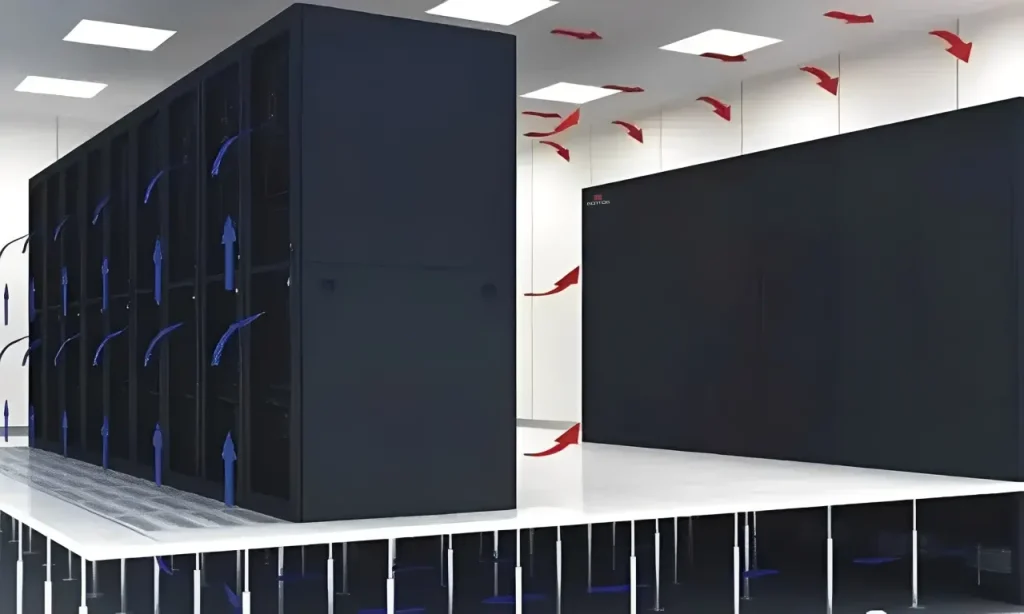
Key Differences Between Comfort Cooling and Precision Cooling
| Aspect | Comfort Cooling | Precision Cooling |
|---|---|---|
| Primary Purpose | Human comfort | IT equipment protection |
| Air Circulation | 5–15 air changes/hour | 30–60 air changes/hour |
| Humidity Control | Only dehumidification | ±5% RH precision control |
| Filtration | Basic dust removal | High-efficiency air filtration |
| Operating Schedule | Intermittent use | Continuous 24/7/365 operation |
| System Reliability | Standard | High redundancy, fault tolerance |
Why Precision Cooling Matters for Data Centers
Today’s IT environments generate constant heat, often operating at high density. Without precise temperature and humidity control, risks include:
- Overheating of critical equipment
- Static discharge damaging sensitive circuits
- Shortened lifespan of servers and UPS systems
- Unplanned downtime leading to costly outages
By ensuring stable environmental conditions, precision cooling maximizes IT performance, reduces energy waste, and extends equipment life cycles.
GOTTOGPOWER Precision Cooling Solutions
At GOTTOGPOWER, we provide advanced precision cooling systems tailored for small server rooms, enterprise IT facilities, and modern data centers. Our solutions deliver:
- High-efficiency cooling with low energy consumption
- Precise control of temperature, humidity, and air quality
- Reliable 24/7 operation with intelligent monitoring features
- Flexible configurations to match different data center sizes and layouts
Whether you are upgrading from comfort cooling or designing a new IT environment, GOTTOGPOWER precision cooling can provide the stable infrastructure your business needs.
Conclusion
The difference between comfort cooling and precision cooling is more than just temperature control—it’s about reliability, precision, and protection for critical IT assets. While comfort cooling works for people, precision cooling works for machines.
Leave your email and requirements, and our engineers will help you choose the right precision cooling solution for your facility.

